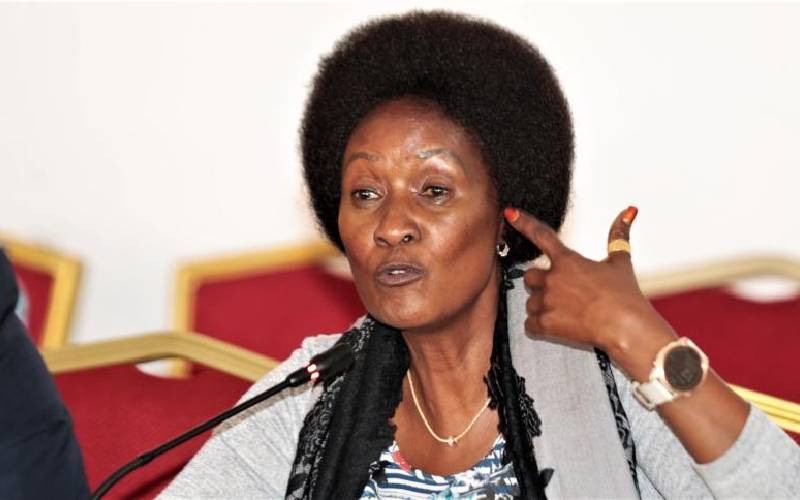
Education helps us realise our full potential while broadening our horizons. It helps us recognise our strengths and weaknesses, learn new cultures, and new languages.
It helps us identify opportunities and gives us capacity to seize them. It helps us sharpen and develop critical skills and mental agility, decision-making, problem-solving, logical thinking, and innovation; enables financial stability and networking. It gives status in society, a good career, independence and self-confidence. We are able to communicate and understand the world around us and have well-paying jobs because we got a good education.